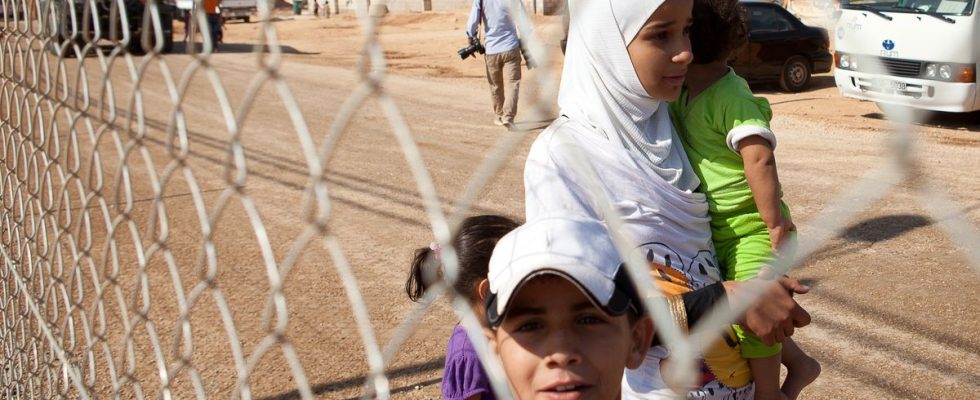Canada and the Netherlands have seized the International Court of Justice (ICJ) against Damascus over allegations of “torture”, the court announced on Monday, marking the first case before international justice on the civil war in Syria. Damascus is accused of having violated a UN convention against “torture and other cruel treatment or punishment”, in particular towards detainees. Allegations include enforced disappearances, acts of sexual violence, child abuse, and even the use of chemical weapons.
It is the first time that Syria has faced international justice for the conflict that has claimed at least 500,000 lives and erupted after President Bashar al-Assad violently suppressed protests in 2011. The Dutch and Canadians have asked the ICJ, which sits in The Hague, to order Damascus to take emergency measures, including “to put an end to torture and cruel, inhuman and degrading treatment of its people”.
“Canada and the Netherlands firmly believe that there can be no lasting peace and reconciliation in Syria without (…) victims and survivors obtaining justice,” said Canadian and Dutch Foreign Ministers Mélanie Joly and Wopke Hoekstra. ICJ judges are expected to hold the first hearings in the case soon, but the court did not give a date.
“Countless Violations”
Although there have been war crimes cases related to the Syrian war in some countries, there has long been frustration in Western capitals with the lack of international accountability. The Dutch first launched a demand in September 2020 to hold Syria accountable for alleged violations of the UN Convention Against Torture, to which Damascus is a signatory. Canada joined this request in March 2021.
But Syria “blocked” efforts to organize talks with the Dutch and the Canadians, who then decided to seize the ICJ, a diplomatic source told AFP. Syria has, according to the Netherlands and Canada, “committed countless violations of international law, which began in at least 2011, with the violent repression of civil protests”.
There was no immediate reaction from Damascus, which has repeatedly denied resorting to the use of chemical weapons, although the Organization for the Prohibition of Chemical Weapons found that the Syrian army had used them on several occasions against its own citizens.
Canada and the Netherlands have also asked the ICJ to intervene to put an end to the “arbitrary detention” of people and reveal the burial places of those who have died.
The Rome Statute
The case before the ICJ, created after World War II to settle disputes between UN member states, is the first of its kind before international tribunals. Its resolution could take years.
The International Criminal Court (ICC), which also sits in The Hague, has been unable to investigate Syria because it has never ratified the Rome Statute, its founding treaty. Russia and China also blocked a draft UN Security Council resolution to refer the situation in Syria to the ICC in 2014.
After more than a decade of isolation, Syrian President Bashar al-Assad returned to the regional scene in May with his participation in his first Arab League summit.

